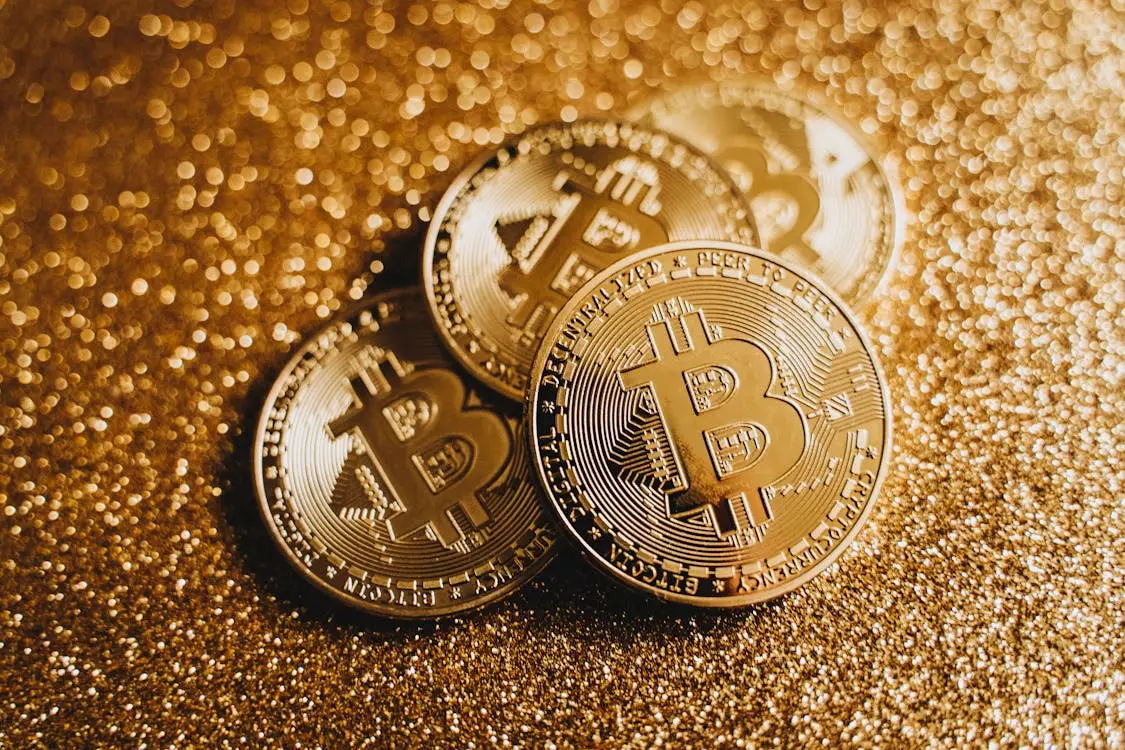In recent discussions within the financial sector, the relevance of Bitcoin as a potential global monetary standard has garnered significant attention, especially from thought leaders like Matthew Sigel, who heads Digital Assets Research at VanEck. Sigel’s assertion that Bitcoin could emerge as a new currency akin to gold has ignited fervent debate among economists and financial experts. This evolving narrative not only mirrors the historical significance of gold but also points to a transformative shift in how we perceive and utilize money in our increasingly digital world.
The proposition is not merely speculative; as the U.S. engages in discussions around establishing a Strategic Bitcoin Reserve, the landscape of global finance may be set for considerable change. A projected reserve of one million BTC could position Bitcoin as an essential asset for the U.S., situating the country at the forefront of a new financial epoch. This advancement could resemble the days when nations hoarded gold to strengthen economic resilience, laying the groundwork for what Sigel terms a “Digital Standard” for currency.
Historically, gold has been regarded as a safe haven asset, a reliable store of value, especially during times of economic uncertainty. However, Bitcoin introduces unique advantages that differentiate it from traditional commodities like gold. Bitcoin is not confined by physical parameters; it exists entirely in the digital realm, allowing for swift transactions and greater portability than gold could ever offer. This digital nature markedly decreases the risks associated with physical theft and enhances the feasibility of cross-border transactions, thereby positioning Bitcoin as a compelling alternative in global finance.
Furthermore, Bitcoin’s controlled supply—capped at 21 million coins—creates intrinsic scarcity. This characteristic has begun to attract attention from investors wary of inflation and the precarious nature of economic stability. Unlike gold, which can be mined indefinitely, Bitcoin’s limited availability could ultimately drive demand, making it a valuable hedge against economic downturns.
Global Trends and National Policies
The excitement surrounding Bitcoin has been mirrored by recent political developments worldwide. Nations like El Salvador have boldly declared Bitcoin as legal tender, sparking discussions in other governments about similar approaches. This wave of adoption indicates a paradigm shift in how currencies are perceived and utilized, with Bitcoin challenging traditional notions of value storage. However, this optimism is not universally shared.
Despite Bitcoin’s advantages, many argue that its notorious price volatility renders it an unreliable medium of exchange. Critics emphasize that while Bitcoin advocates champion the benefits of decentralization and immunity from government control, the dramatic fluctuations in Bitcoin’s value could impede widespread acceptance. When contrasted with gold’s long-standing ability to retain purchasing power, skeptics caution that Bitcoin’s emerging status may not necessarily translate into long-term viability as a global currency.
Sigel’s reflections signal a notable resurgence in interest surrounding Bitcoin’s potential to reshape financial systems globally. As the prospect of Bitcoin standing alongside gold as a benchmark for value solidifies in public discourse, all eyes are on how this narrative develops over time. A critical component of this evolution will be how both assets adapt and respond to the shifting dynamics of a digital economy.
The ongoing dialogue around Bitcoin and gold elucidates their differences and overlaps. While Bitcoin may be seen as a pioneer breaking away from conventional models, gold maintains its status as a time-tested ally in the face of economic turbulence. The interplay between these two assets may well define future monetary systems, signaling a necessary evolution as humanity moves further into the digital age.
The interplay of Bitcoin and traditional assets like gold marks a significant chapter in the story of global finance. Whether Bitcoin emerges as the global monetary standard or reinforces gold’s status remains to be seen, but the conversations ignited by leaders such as Matthew Sigel undoubtedly shape our understanding of wealth and value in a rapidly changing financial landscape.

